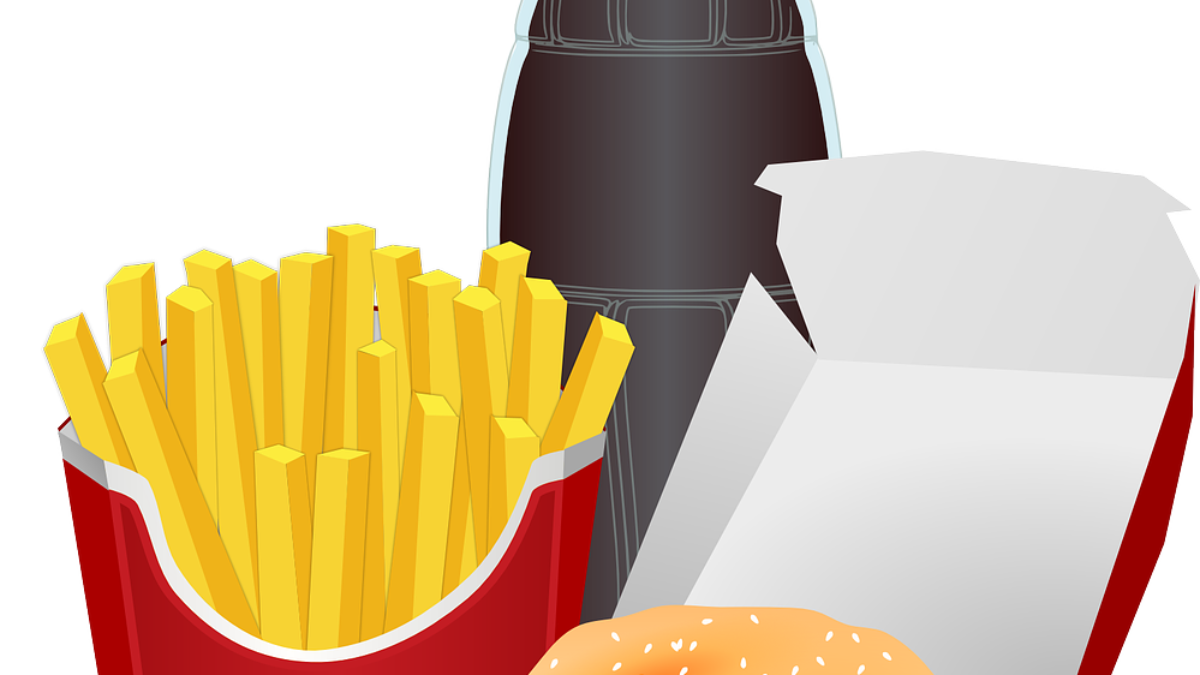If you’re a dancer, you understand that your body is your instrument. It’s the tool you use to express your art and passion. Just as a musician tunes their instrument, dancers must properly nourish their bodies for optimal performance. But why should dancers be particularly cautious of junk food? Here’s why.
The Physical Demand of Dancing
Dance, in its various forms, is highly physically demanding. It requires strength, flexibility, endurance, and agility. It’s not just about looking graceful on the stage but also powering through long rehearsals and performances. Consuming junk food, which is typically high in fats, sugars, and salts but low in essential nutrients, can negatively impact a dancer’s performance.
Impact of Junk Food on Dancer’s Health and Performance
1. Weight Management Issues
Junk food is often high in calories but offers little nutritional value. Regular consumption can lead to weight gain, making it harder for dancers to maintain the optimal weight for their performance and health. Besides affecting aesthetics, extra weight can also stress joints and muscles, increasing the risk of injuries.
2. Energy Levels
Dancers need a steady supply of energy. Junk food, especially those high in simple sugars, can cause spikes and crashes in blood sugar levels, leading to inconsistent energy supply. It may provide a quick burst of energy, but it’s soon followed by a crash that can leave a dancer feeling lethargic and unable to perform at their best.
3. Nutritional Deficiency
Junk food is low in essential nutrients like vitamins, minerals, and dietary fiber. These nutrients are crucial for muscle recovery, bone health, and overall well-being. A diet deficient in these nutrients can lead to poor performance, longer recovery times, and increased risk of injuries.
4. Digestive Issues
Junk food often lacks fiber and can lead to digestive issues like constipation or irritable bowel syndrome. These conditions can cause discomfort and hinder a dancer’s ability to perform.
Proper Nutrition: A Dancer’s Key to Success
Nutrition plays a vital role in a dancer’s performance, stamina, and recovery. A well-balanced diet should include a mix of carbohydrates (for energy), proteins (for muscle repair and growth), and healthy fats (for long-term energy and joint health). It’s also essential to consume plenty of fruits and vegetables for their vitamins, minerals, and antioxidant properties.
Instead of reaching for junk food, dancers can opt for healthier snacks like nuts, fruits, yogurt, and whole grain foods. They provide sustained energy, help maintain weight, support muscle recovery, and keep the digestive system running smoothly.
In conclusion, while the occasional indulgence in junk food may not harm, regular consumption can seriously affect a dancer’s performance, health, and career. Therefore, a well-balanced, nutrient-rich diet is the key to dancing at your best and reaching new heights in your career.

